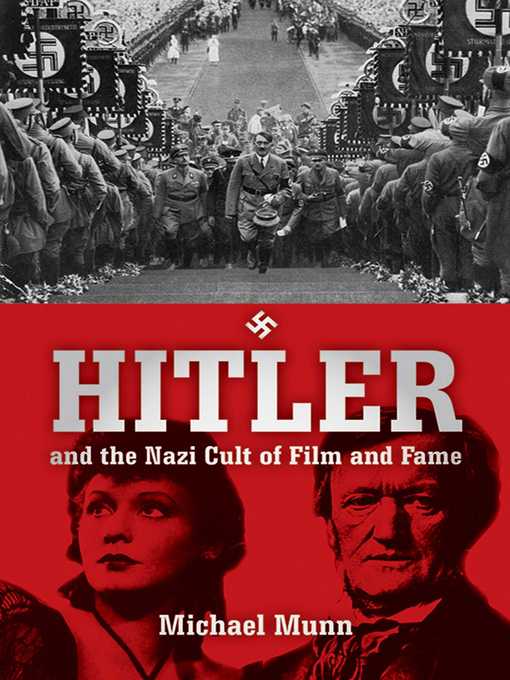
Hitler and the Nazi Cult of Film and Fame
کتاب های مرتبط
- اطلاعات
- نقد و بررسی
- دیدگاه کاربران
نقد و بررسی

March 1, 2013
English film historian Munn (Conspiracy of Angels, 2012, etc.) offers a hard-driving study of Hitler's music and film obsessions and the sacrifice of untold talent and youth to the murderous Nazi ideology. The author attempts to get at what made Hitler tick and drove him like a deranged person, starting from his questionable genetic makeup, as the product of the incestuous union of two cousins whose other children were variously "stupid" or "imbecile[s]," to his self-styled impersonation of the white knight, misunderstood outsider and prophet gleaned from Wagner's Rienzi and other characters. From Hitler's idolization of Wagner's operas, he forged his fantasies about racial purity and the ideal German state risen gloriously from the ashes of the Versailles Treaty, and Munn depicts how Hitler liberally employed the spectacle of parades, banners, fires and communal singing adopted from Wagner's stages. As he rose to power, he found his true talent in oratory. He tasked his trusty deputy and publicist, Joseph Goebbels, with forging his cult of personality, taking over the German film industry to root out the "Jewish spirit of decay" from German culture and ensuring that films showed a "wholesome" representation of Nazi ideology, as depicted in riveting, ritualistic documentaries by Leni Riefenstahl, anti-Semitic vehicles or films to rouse the fighting spirit, like Kolberg. Along the tragic way, there were the making and destruction of innumerable careers, and Munn unrolls the credits like detritus on the battlefield: Jewish artists who were able to flee Germany and those who perished in the gas chambers, others who collaborated for the sake of their careers and paid dearly after the war. A creepy yet compelling who's-who of collaboration in the big-screen industry during the Nazi era.
COPYRIGHT(2013) Kirkus Reviews, ALL RIGHTS RESERVED.

























دیدگاه کاربران